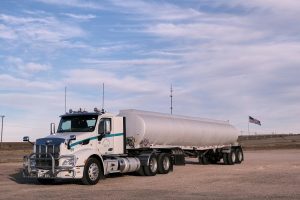
So, you’ve gotten this far and you’re one day away from having the keys to your new home placed directly into your hand. This is an exciting time. You’re seeing the finish line and are sprinting toward it, full of optimism and promise for the future. There is only one last step in the process keeping you from being a proud homeowner: closing day.
Oftentimes, first-time homeowners have no idea what to expect when it comes time to close the sale on the house. In this article, we’ll tell you exactly what you will have to handle before you can rightfully call the home yours.
Who Will You Be Meeting With?
Primarily, closing day is an action between the buyer and the seller of the home. However, there are several third parties who might have a role to play in closing day:
- The buyer’s real estate agent and/or attorney
- The seller’s real estate agent and/or attorney
- The lender who is dispensing the mortgage to the buyer
- A representative from the title company
- The closing agent, who may work for the title company or the lender
- Other relevant third parties, depending on circumstance
It’s important to know who you will be meeting with so that you can prepare any last-minute questions that you have for them. It also keeps you from being surprised when more people are present than you’d thought there would be initially.

What Documents are Required to be Signed on Closing Day?
As you have probably figured by now, documentation is a hefty portion of the home-buying process. Closing day is no exception. There will be multiple documents that will have to be signed by the relevant party/parties to make the sale official and get the keys into your hand:
- The loan estimate – This document details everything pertaining to your loan.
- The closing disclosure – Compare this to the loan estimate for accuracy. You should get the closing disclosure no less than three days before closing.
- The escrow statement – This document illustrates what your lender will be taking from your escrow account during the first year of the mortgage, including taxes and interest.
- The mortgage note – This is a note promising the amount to be paid for your mortgage.
- Mortgage/deed of trust – This secures the note and gives your lender recourse in the event that you fail to make your monthly payments on the mortgage.
- Certificate of occupancy – This document applies only if you are purchasing a newly-constructed home.
Closing day is the time to review all of this documentation with your real estate attorney. Make sure to go over everything to ensure accuracy before putting pen to paper on any of these documents. Please note, if you’re applying for a second mortgage the process is a bit more different. More can be found at https://askross.ca/second-mortgages-toronto-and-gta/
What Costs are Associated with Closing Day?
The buyer will be required to bring money in an acceptable form to seal the deal on the house. These funds will cover the costs of transferring the mortgage and settling all other related closing costs.





